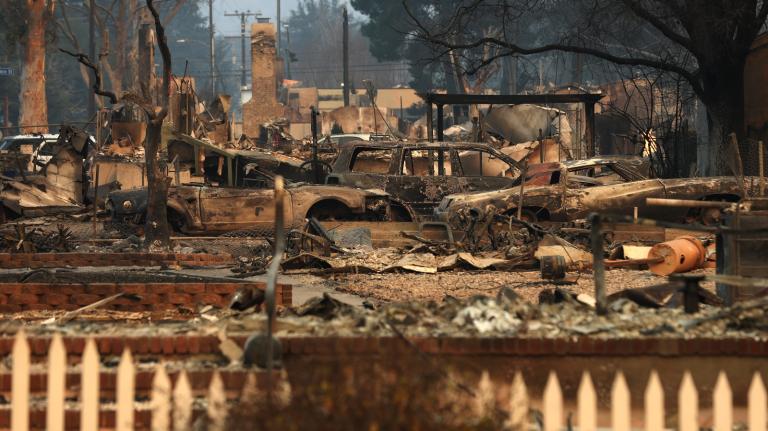As the Senate Environment and Public Works Committee began hearings on carbon regulation, debate ran along traditional battle lines, but with a new script. Democrats Barbara Boxer (CA) and John Kerry (MA) moved away from discussing the environmental impacts of climate change – – and the reason, therefore, to take action to reduce carbon emissions – – and focused instead on the economic benefits of a domestic clean energy economy. Meanwhile, Republicans James Inhofe (OK) and Lamar Alexander (TN) complained that energy bills would rise and Americans would lose jobs.
It’s a good thing that Congress is finally looking at the economics of climate change and carbon reductions, because the overwhelming amount of data – – buttressed by common sense – – shows that reducing carbon will be very good for our economy overall. One of the biggest sources of carbon reductions will be in the area of energy efficiency and that doesn’t cost money, it saves money. Walmart, for example, said that if each of their 100 million customers bought just one compact florescent light bulb to replace an incandescent bulb, those consumers would save over $3 billion in electricity costs over the life of the bulbs (after deducting the higher up-front cost of the new bulbs).
Renewable energy, another carbon-reducing technology, creates jobs in the US and saves money too. Alan Horn, President and CEO of Warner Brothers, told me recently that his studio is covering large soundstages with enough solar to provide up to 10% of their massive energy needs. After a 7 to 10 year payback, they will get that amount of their electricity free for decades to come. Moreover, that multi-million dollar project put people to work in Burbank, California, not China or India, and didn’t take away a single job from anyone.
It’s misleading when some Senators focus on trivial or entirely bogus costs, but especially troubling when their carbon smokescreen obscures a bigger truth – – inaction will cost far more than tackling the problem. No better example of the mammoth costs associated with denial can be found along our coastlines.
As discussed at a the recent H209 Water Forum in New York, cities around the world are building barriers to protect against rising sea level and increased storm activity that is related to the impacts of climate change and it costs real money – – Venice: $7 billion; London: $8 billion; New Orleans: $700 million; the California coast: $14 billion, plus $1.4 billion a year for maintenance.
In New York itself, $400 million was just spent to upgrade pumps that remove rising waters out of subways. Experts at the conference predicted billions more will be needed to protect telecommunications, power lines, and other NY infrastructure that sits below sea level. Even at the lowest end of the range of catastrophic climate impacts predicted, NY will suffer massive street flooding and property damage unless more protections are built. Further inaction on reducing carbon will only drive these costs higher.
“I’m sure the worker at a cement plant, when he loses his job, won’t find much consolation in green welfare programs,” said Senator Inhofe at the hearing. Ironically, building this entire additional infrastructure to deal with rising waters will use a lot of cement, so Inhofe was aimed in the wrong direction again. In fact, companies like W.L. Gore make devices to scrub carbon and other pollution from cement kiln smokestacks and create lots of American jobs in the process (and valuable exports too!).
Given all of the obvious economic benefit of evolving to energy that is considerably more efficient/clean/domestic, one can only be left to wonder if Inhofe’s positions mean that Oklahoma just doesn’t like New York? Or California? Or Venice? Maybe the Senator is just jealous that his state doesn’t have a coastline, but unless he and his colleagues start making decisions based on real economic data, his state may also be left without a share of the 21st century industries that will power the globe and lead us out of the current recession.

